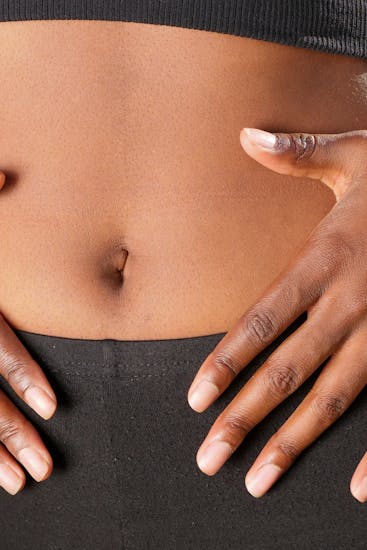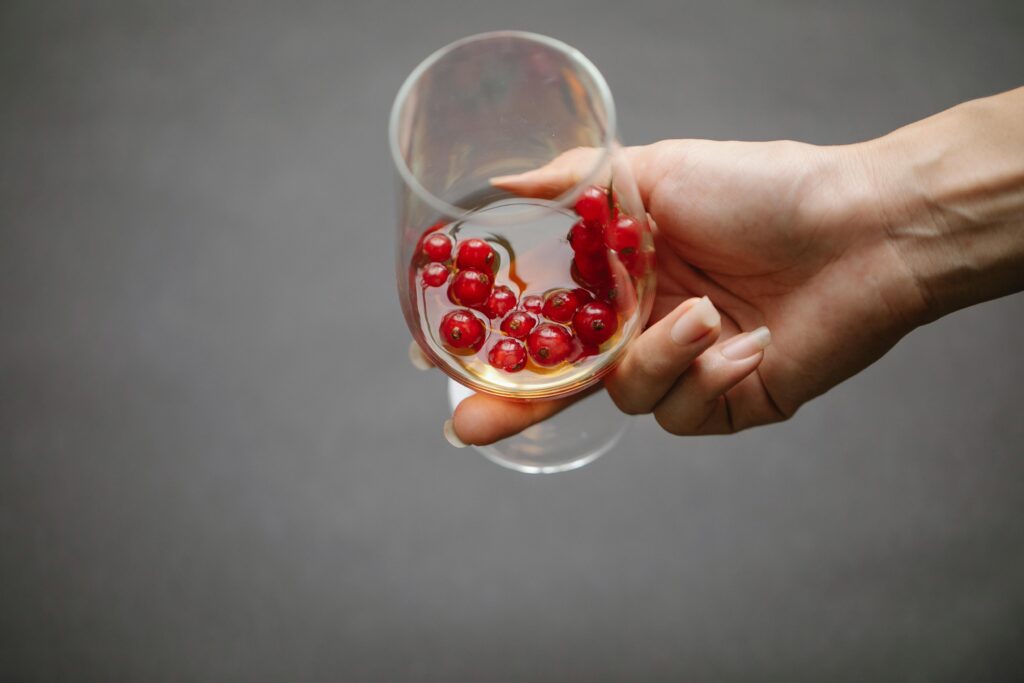Does Alcohol Affect Probiotics?

Introduction
Probiotics are live microorganisms that promote gut health, immune function, and overall well-being. However, questions often arise about their interaction with alcohol. Does drinking alcohol hinder the benefits of probiotics? Or can they coexist in a healthy lifestyle? In this article, we delve into the science of how alcohol affects probiotics, offering insights into maintaining gut health while enjoying occasional drinks.
The Science of Probiotics
Probiotics, such as Lactobacillus and Bifidobacterium strains, are beneficial bacteria that play a critical role in maintaining a balanced gut microbiome. They improve digestion, strengthen the gut barrier, and enhance immune responses. Probiotics can be found in fermented foods like yogurt, kefir, and sauerkraut, as well as in dietary supplements known for their advanced delivery systems and strain diversity.
How Probiotics Work
- Gut Microbiome Balance: Probiotics replenish good bacteria, counteracting the effects of harmful microorganisms.
- Digestive Support: Aid in breaking down food and absorbing nutrients.
- Immune Boost: Strengthen the intestinal barrier and reduce inflammation.

Alcohol’s Impact on Gut Health
Alcohol consumption has both direct and indirect effects on the gut microbiome. Understanding these interactions is crucial for maintaining the benefits of probiotics.
Negative Effects of Alcohol
- Disruption of Microbiome Balance: Alcohol can kill beneficial bacteria in the gut, leading to dysbiosis.
- Increased Intestinal Permeability: Excessive drinking weakens the gut barrier, contributing to “leaky gut.”
- Reduced Nutrient Absorption: Alcohol impairs the absorption of vital nutrients, which can negatively affect gut health.
Moderate Drinking vs. Heavy Drinking
- Moderate Drinking: Occasional, low-level alcohol consumption may have minimal impact on probiotics and gut health.
- Heavy Drinking: Chronic alcohol use significantly disrupts gut microbiota, reducing the efficacy of probiotic supplementation.

How Alcohol Affects Probiotic Supplements
When probiotics and alcohol coexist in the digestive system, the survival and effectiveness of probiotics can be compromised.
Effects of Alcohol on Probiotic Viability
- Stomach Acid Increase: Alcohol increases stomach acidity, which can kill live probiotic cultures before they reach the intestines.
- Delayed Absorption: Alcohol slows digestive processes, potentially affecting probiotic delivery.
- Strain Sensitivity: Certain probiotic strains, like Lactobacillus acidophilus, may be more resilient, while others are highly sensitive to alcohol-induced changes.
Tips to Protect Probiotic Benefits
- Timing Matters: Take probiotics several hours before or after consuming alcohol to reduce direct interactions.
- Opt for Resilient Strains: Look for probiotics with encapsulated or acid-resistant strains, such as those in Bioma Probiotics.
- Limit Alcohol Intake: Stick to moderate drinking to minimize its impact on gut health.
Alcohol and Fermented Foods
Interestingly, some alcoholic beverages like kombucha contain probiotics. However, these drinks differ from standard alcoholic beverages.
- Kombucha: While it contains probiotics, the alcohol content is minimal and unlikely to harm gut health.
- Beer and Wine: Fermented during production but lack live probiotics due to pasteurization or processing.
Maintaining Gut Health While Drinking
To maintain gut health without giving up alcohol completely, consider these strategies:
- Moderation is Key: Limit alcohol intake to recommended levels (e.g., one drink per day for women, two for men).
- Pair with Probiotic Foods: Include fermented foods in your diet to replenish good bacteria.
- Hydration: Drink plenty of water to counteract alcohol’s dehydrating effects.
- Supplement Wisely: Choose high-quality probiotics with strong survival rates.

FAQs
Can I take probiotics and drink alcohol on the same day?
Yes, but it’s best to space them apart to minimize alcohol’s impact on probiotic viability.
Do alcoholic beverages kill probiotics?
Heavy alcohol consumption can kill probiotics, but moderate drinking typically has a lesser effect.
Are there probiotic-friendly alcoholic drinks?
Low-alcohol beverages like kombucha are less likely to harm probiotics and may even provide some benefits.
Final Thoughts
Alcohol can affect probiotics and gut health, especially with excessive consumption. However, by practicing moderation, timing your probiotic intake wisely, and incorporating probiotic-rich foods, you can maintain a healthy balance. Supplements like Bioma Probiotics offer robust strains designed to survive challenging digestive environments, making them a reliable choice for gut health enthusiasts who enjoy occasional drinks. Remember, balance is key to supporting both your lifestyle and your microbiome.
Related articles



